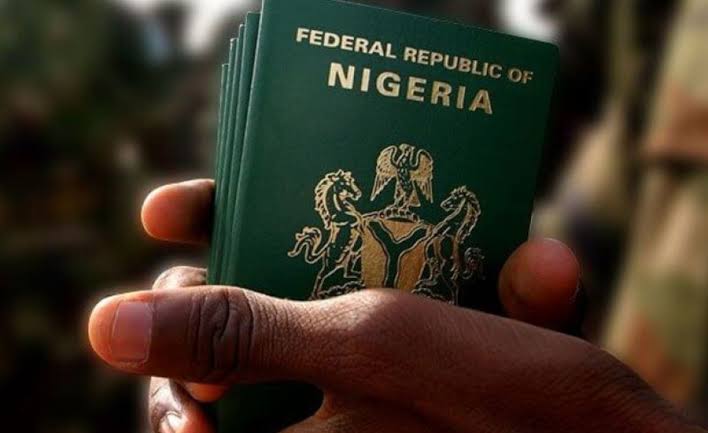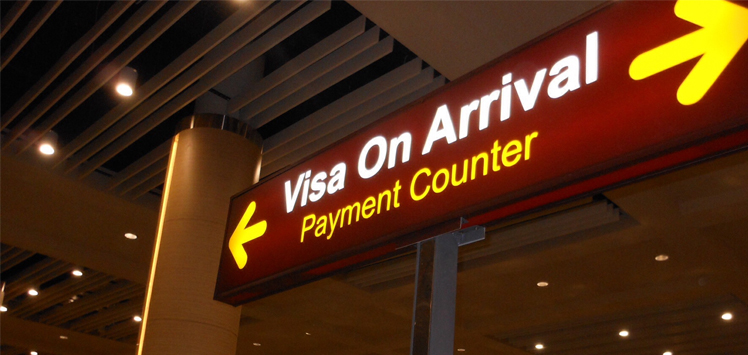With a Nigerian passport, you can travel to about 46 countries either visa-free or with a visa on arrival. Those countries are Iran, Lebanon, three south-east Asian countries, a few Oceania/Caribbean islands and twenty-eight African countries.
According to the 2020 Henley Passport Index, that makes the Nigerian passport the 95th most valuable in the world.
The Henley Passport Index and Global Mobility Report is an original ranking of 200 of the world’s passports according to the number of destinations their holders can access without a prior visa.
Providing access to 191 destinations, the Japanese passport retained top spot as the most valuable passport for the third successive year. It is followed by Singapore’s with one fewer destination. The United States and the United Kingdom, two of the top targets for Africans seeking work and study, are 8th with 184 destinations. The UK used to be number one in 2010, while the US was first in 2014.
Canada is 9th with 183 visa-free destinations on offer but 21 of the 30 countries that make up Henley’s top 10 are European. A Chinese passport gets you to 71 visa-free destinations, sharing the 72nd spot with Kenya.
For many Africans, visa restrictions have posed a grinding challenge to expanding opportunities. In December 2019, two Nigerian artificial intelligence researchers missed out on a Canadian conference due to the embassy’s alleged double standards for Africans. Earlier that year, six Ebola researchers from Sierra Leone were not granted visas by the UK, a case described as the effect of institutional racism.
“A worrying gap is opening up between policy and rhetoric” when it comes to migration, according to Simone Bertoli, a Professor of Economics at Université Clermont Auvergne, quoted in the report. He notes that “actual opportunities for talent migration towards OECD countries might be worsening” even if some “still fight hard to attract ‘the best and the brightest’ among immigrants.”
Beyond the prejudiced denials by foreign embassies, are there ‘African’ factors preventing millions of Africans from broad global access and limiting travel freedom? Nigeria – Africa’s supposed economic power – is a long distance from Seychelles, the highest-ranked African nation whose passport gets you into 151 countries visa-free. Mauritius, South Africa and Botswana all have passports that get you into more than 80 countries globally.
They are four of eight countries that appear in two top 15 African countries’ lists: the 2020 ease of business rankings and the 2020 Henley Passport Index. What does that say?
“Research using exclusive historical data from the index has revealed that there is a strongly positive connection between visa freedom and a variety of indicators of economic freedom,” says Dominic Volek, a managing partner at Henley & Partners, the report’s authors.
Those indicators include foreign direct investment inflows, property rights, tax burdens, and investment freedom. There are also positive connections between powerful passports and metrics like government integrity and personal or political freedom, Volek says.
Political instability also affects passport valuation: Libya dropped from 87th to 103rd place, while Mali has dropped from 75th to 88th place. They are part of a number of countries who have seen the value of their passports drop due to ongoing conflict.

On the flip side, countries whose passports are becoming stronger are those implementing conscious programmes. The UAE is an example: the report notes the Middle East nation has climbed 47 places over the past decade, a consequence of implementing mutually reciprocated visa waivers aimed at attracting tourism and trade. Poorly performing African countries can also look to Albania; their passport holders can now visit 114 nations visa-free, compared with its 2010 score of just 49.
“It is worth pausing to consider what these extraordinary increases mean for the citizens of these countries – in terms of travel freedom, of course, but also in terms of personal and professional opportunities, and expanded horizons,” Volek says.
Now in its 15th year, the Henley Passport Index is created from data on global travel produced by the International Air Transport Agency (IATA), a trade association comprising 290 of the world’s airlines.




















